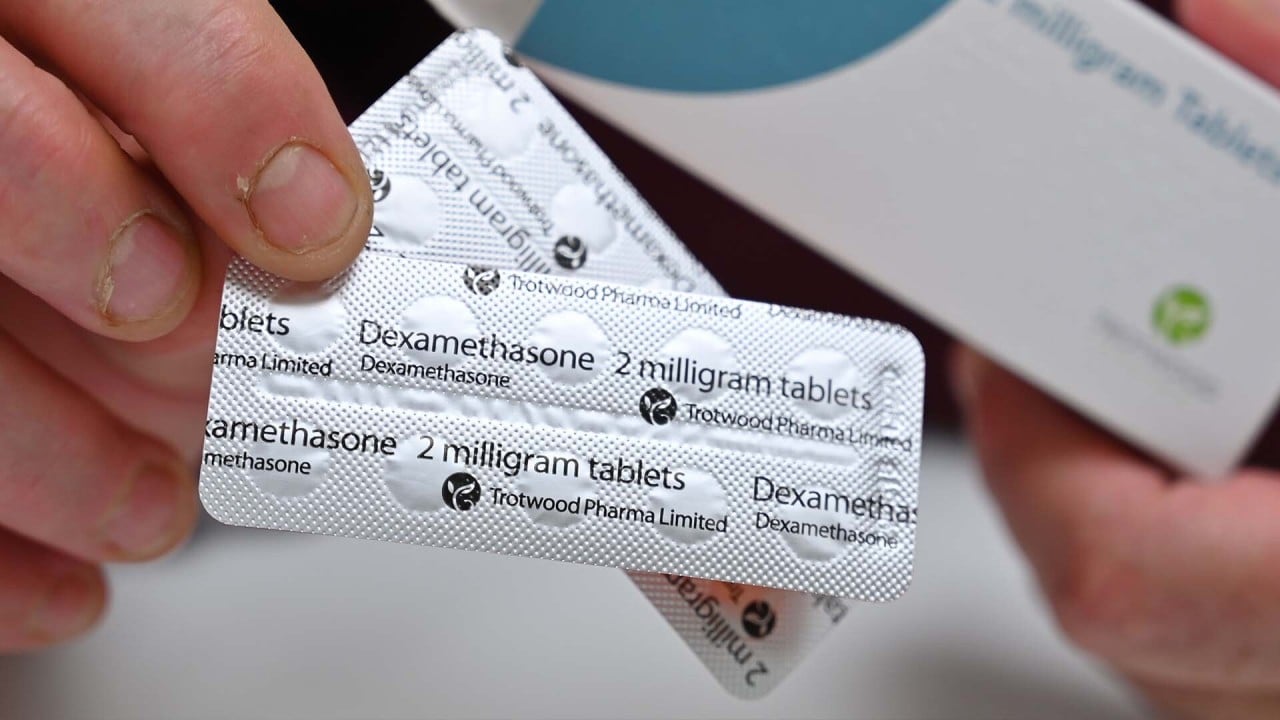
US lawmakers, top official clash on China’s involvement in coronavirus vaccine development
- Lawmakers asked whether the US is committed to working with China on coronavirus vaccine research during a Senate Armed Services Committee hearing Thursday
- General Gustave Perna indicated an unwillingness to work with China
US lawmakers and a top official leading the White House’s efforts to produce a coronavirus vaccine clashed on Thursday over whether American health authorities should be working with China to speed up the process.
At a Senate Armed Services Committee hearing to confirm General Gustave Perna to co-lead “Operation Warp Speed”, the Trump administration’s initiative to develop a coronavirus vaccine and therapeutics, several lawmakers asked whether the United States is committed to working with China on research.
Senator Richard Blumenthal, a Democrat representing Connecticut, raised the concerns “that the administration has … rejected and spurned combined world efforts to develop an effective vaccine” and asked if Perna would commit to “work with any nation that offers cooperation or information relevant to developing vaccines or therapeutic”.
“I commit to working with all nations that we deem are friendly to our national security,” Perna responded.
“Does that include China?” Democratic Senator Mazie Hirono of Hawaii followed up.
“Right now, for me, it does not,” said Perna.

Perna’s responses led to accusations from some lawmakers that the vaccine initiative was becoming politicised at the expense of public health.
They questioned whether a prohibition on working with China would set the US back in finding a medical solution to contain the pandemic and putting the US economy, which has been battered by social distancing orders, back on track.
“It could very well be that China might be the one that actually develops an effective vaccine and then where does that put us?” said Hirono in response to Perna’s statement that indicated an unwillingness to work with China.
Blumenthal said he considered Perna’s response as “insufficient”.
“We often work with nations that are sometimes hostile in certain arenas. We trade with them and work out agreements with them,” added Blumenthal. “I’d like to see a much more robust commitment to cooperation with other nations which I think serves our national interest.”
“Operation Warp Speed”, which was announced by the White House in mid-May, aims to deliver 300 million doses of a vaccine for Covid-19 by January 2021. Congress has allocated US$10 billion to this effort through medical research funding.

01:43
Steroid dexamethasone a life-saving treatment for very ill Covid-19 patients, UK study indicates
Trump in May appointed Perna, commanding general of US Army Materiel Command, to be in charge of the distribution. After a vaccine is approved, other equipment including syringes and vials are needed to administer the doses. The logistics effort includes ensuring the vaccine stays at the needed temperature from manufacturing plants to medical facilities.
Nearly 160 vaccines are being developed worldwide. Only 13 of them have entered clinical trials, according to the World Health Organisation. Six of those are Chinese.
Chinese pharmaceutical firm Sinovac Biotech plans to start phase three clinical trials, the last step before a vaccine seeks approval from regulators, for its vaccine candidate in early July.
CanSino Biologics in April began recruiting 500 volunteers for the second phase of a clinical trial of the country’s most advanced vaccine candidate. The Tianjin-based company was working with the Institute of Biotechnology at the Academy of Military Medical Sciences to begin the new phase after preliminary data from the first stage indicated that it was safe to proceed.

